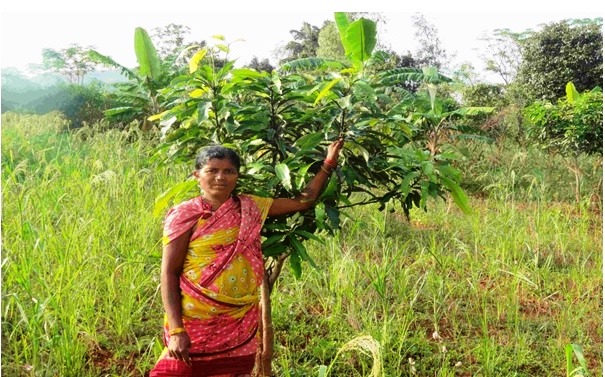When Finance Minister Arun Jaitley mentioned raising agriculture income as the first among the four challenging tasks before the government, I expected him to spell out some mechanism to pull out farmers from the terrible economic distress that continues to prevail in the farming sector. But I am sure, like me, farmers too would have been disappointed at being left high and dry.
At a time when agricultural production has dropped because of a shortfall in monsoon and the National Sample Survey Organisation (NSSO) 2014 has estimated the average monthly farm family income (that a household drives from farming alone) at a paltry Rs 3,078, the need for a bailout package for farmers was absolutely essential. But once again, the Finance Minister failed to see the crying need of the farm sector.
Except for raising the farm loan limit from Rs 8 lakh crore (announced in the 2014 budget) to Rs 8.5 lakh crore this year, and promising to create a national agriculture market, there is nothing to bring cheer for the beleaguered farming community.

A woman farmer in Tangiri village of Odisha. Pic courtesy: Abhijit Mohanty (India Together files)
As I have said earlier, and have also told the Finance Minister, the Rs 8.5-lakh crore farm credit actually does not benefit farmers as much as it does the agribusiness industry. Almost 94 per cent of the farm credit, available at a subvention interest rate of 4 per cent, goes to the agribusiness industry dealing in seeds, pesticides, and farm machinery. It should, therefore, be called agribusiness credit and not farm credit.
The national agricultural market, the concept of which was detailed in last year’s Economic Survey, is aimed at taking farmers out of the preview of the APMC Act. In other words, it is simply an effort to render the APMC mandis redundant thereby leaving farmers at the mercy of the private traders.
Considering that only 8 per cent farmers get the benefit of procurement prices, 92 percent farmers are in any case dependent on the markets. If the markets were indeed so helpful in providing a higher price for farmers’ produce, I am sure the farm economy would have on its own been looking up.
The fact that markets have failed the farmer is written all over, and any move to strength a national agriculture market network, therefore, is not in the interest of the farming community.
I had also expected the Finance Minister to announce a nationwide programme to create a network of mandis through the country, and extend the provision of procurement prices to all the States. However, providing some outlays for micro-irrigation and organic farming in northeastern States, and also the Pradhan Mantri Krish Sinchai Yojana is welcome. Food processing also gets a push.
It is not the lack of improved technology or access to markets that is behind the prevailing crisis. It is the declining farm incomes over the years that have pushed agriculture into a deep pit. But unfortunately, the economic debate has never gone beyond the growth rate in agriculture. The focus has remained on growth, and not on agrarian distress.























